|
|
|
|
Evidence mounts weekly of damage being done to the environment, a great deal of it irreversible. At the same time, innovations are emerging that provide new tools to fight environmental degradation.
One such breakthrough is in climate science which, as Hyacinth Nnamchi explains, has advanced to the point that it can produce better predictions of weather patterns in the Atlantic. This will make it possible for African countries to prepare better for heavy rainfall and for drought.
A problem that’s more acute in African countries than other regions is the production of charcoal for fuel. Demand for wood fuel is high – in Kenya charcoal meets over 70% of domestic cooking and heating energy needs. The consequences for the environment are devastating, firstly because trees are being chopped down at an alarming rate, and secondly because most charcoal production is done with old, and environmentally damaging, technologies. Kenya is trying to clean up the sector, as Phosiso Sola and Paolo Omar Cerutti explain while Eric Kumeh Mensah sets out why
efforts to this end are failing in sub-Saharan Africa.
Lastly, the extraction of natural resources through mining and energy projects continues on a large scale on the continent and elsewhere, often with disastrous environmental consequences. Resistance against these large projects often hogs the spotlight with much less attention paid to how corporations and governments try to pre-empt and manage opposition to their plans. Judith Verweijen and Alexander Dunlap explain why it’s important to
study strategies that allow extractive projects to continue damaging the planet, despite opposition.
|
Wale Fatade
Commissioning Editor: Nigeria
|

|
|
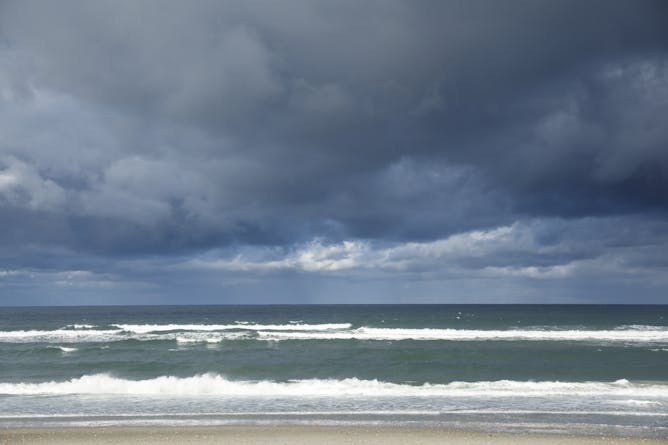
The possibility of accurate predictions will aid planning adaptation for severe weather conditions
Tim Graham/Getty Images
Hyacinth C. Nnamchi, GEOMAR Helmholtz Centre for Ocean Research Kiel
With research that offers new insights, there is increased hope for improved climate predictions and better preparation for severe weather conditions.
|
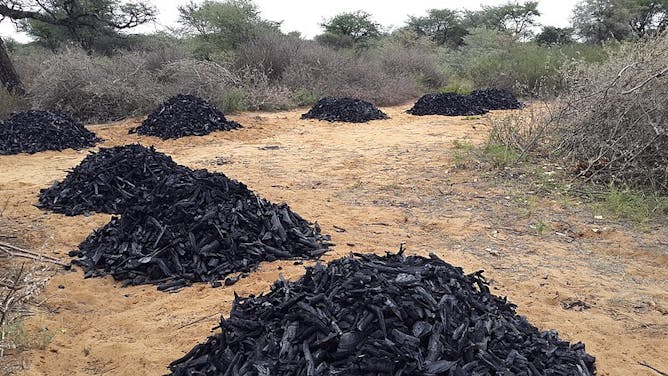
Charcoal is an essential fuel for most parts of sub-Saharan Africa.
AnandievanZyl/Wikimedia Commons
Eric Kumeh Mensah, University of Hohenheim
Attempts to formalise charcoal production have been largely unsuccessful.
|
|
|
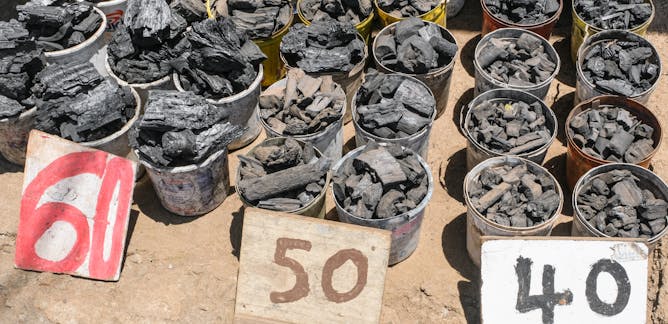
Phosiso Sola, World Agroforestry (ICRAF); Paolo Omar Cerutti, Centre for International Forestry Research
Demand for charcoal continues to increase in Kenya, it's vital that the sector is better governed
| |
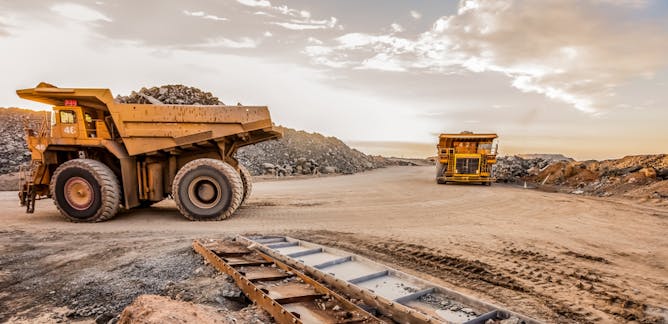
Judith Verweijen, University of Sheffield; Alexander Dunlap, University of Oslo
Mining is not just a physical engineering process. It requires social engineering as well.
|
|
|
Arts, Culture + Society
|
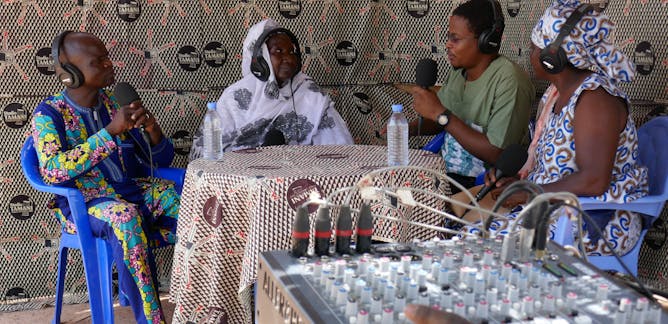
Emma Heywood, University of Sheffield
Empowerment can mean different things for different women, but access to information is key. In Mali radio is the main source of information.
| |
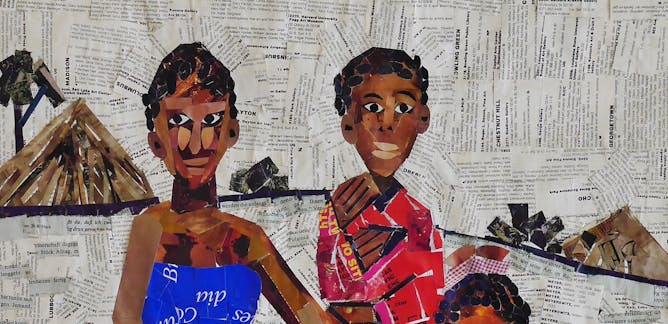
Anne Mwiti, Kenyatta University
The first female student at the famous Makerere University art school, Karuga only began an art career when she retired at 60. She ended up showing internationally.
|
|
|
Politics
|
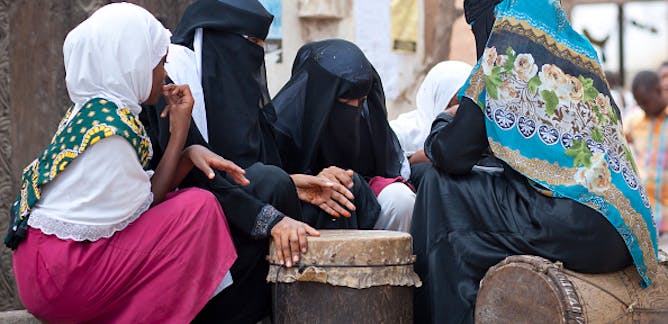
Fathima Azmiya Badurdeen, Technical University of Mombasa
Women's motivations for joining terrorist networks belie Kenyan media accounts of naive girls manipulated through romantic notions of Jihadi brides or wives.
| |
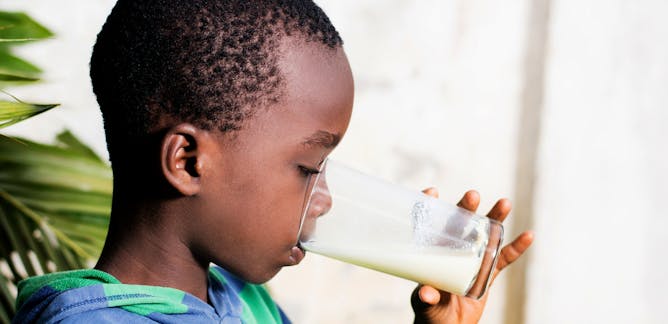
Katharine Hall, University of Cape Town
Poor nutrition stunts children’s growth and hollows out their life chances.
|
|
|
Business + Economy
|
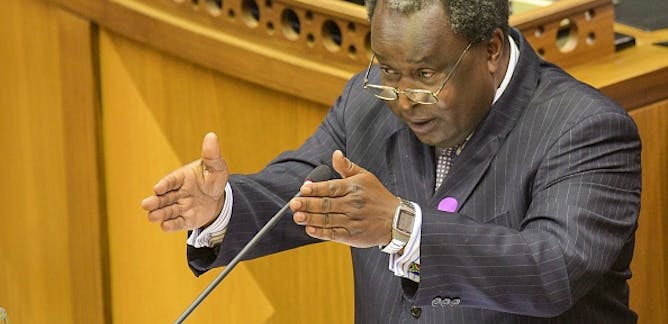
Matthew Kofi Ocran, University of the Western Cape
Medium-term expenditure frameworks can be useful only when they are based on comprehensive medium-term development plans.
| |
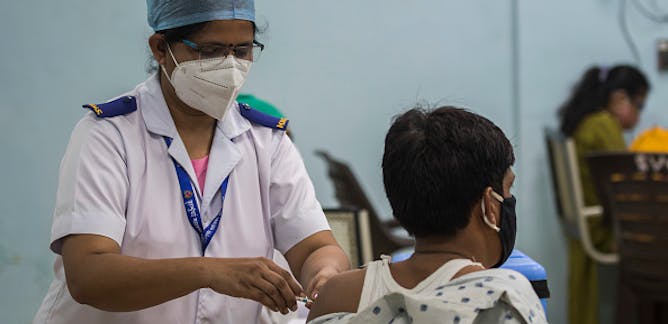
Enrico Bonadio, City, University of London; Dhanay M. Cadillo Chandler, University of Turku
A waiver may not allow all developing countries to secure medicines and other anti-COVID technologies in a timely way.
|
|
|
Environment + Energy
|
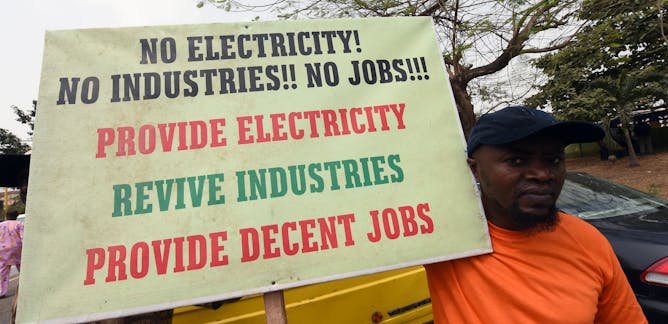
Okechukwu Marcellus Ikeanyibe, University of Nigeria
Nigeria's attempt at privatising its power infrastructure hasn't been without challenges but they are not insurmountable.
| |
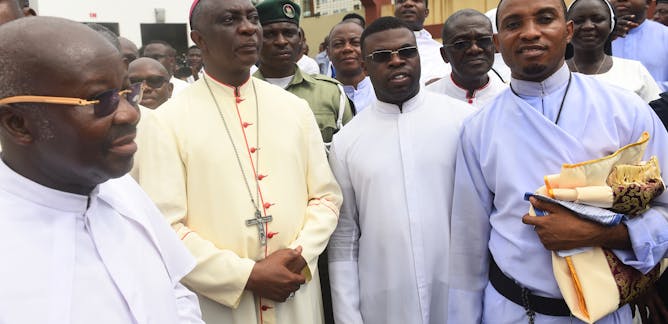
George Nche, University of Johannesburg
Nigeria's religious leaders can shape the environmental worldviews and behaviour of their congregations
|
|
|
| |
Featured events
|

|
Robert Sobukwe Road, University of the Western Cape, Bellville, Cape Town, Western Cape, 7535, South Africa — University of the Western Cape
|
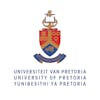
|
Centre for Human Rights, Faculty of Law, University of Pretoria, Pretoria, Gauteng, 0002, South Africa — University of Pretoria
|

|
Robert Sobukwe Road, University of the Western Cape, Bellville, Cape Town, Western Cape, 7535, South Africa — University of the Western Cape
|

|
Robert Sobukwe Road, University of the Western Cape, Bellville, Cape Town, Western Cape, 7535, South Africa — University of the Western Cape
|
|
|
|
| |
| |
| |
Would you like to republish any of these articles?
|
|
It’s free to republish, here are the guidelines.
Contact us on africa-republish@theconversation.com in case you need assistance.
|
| |
| |
| |
| |
|
|
|
|
|
|
|